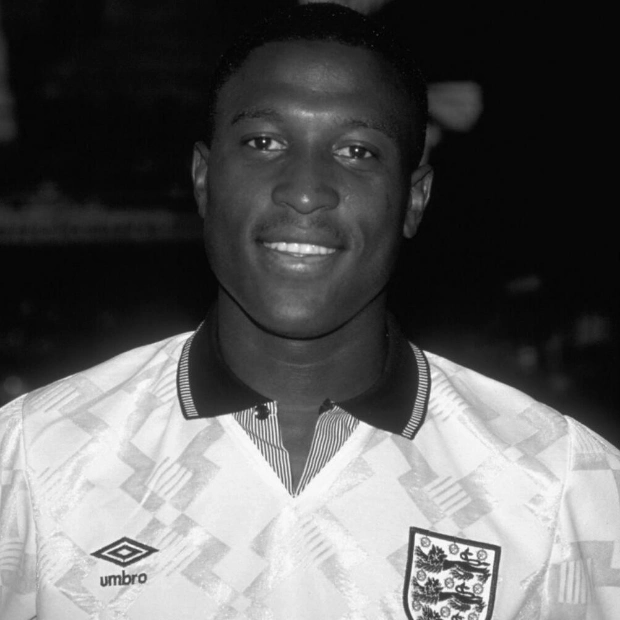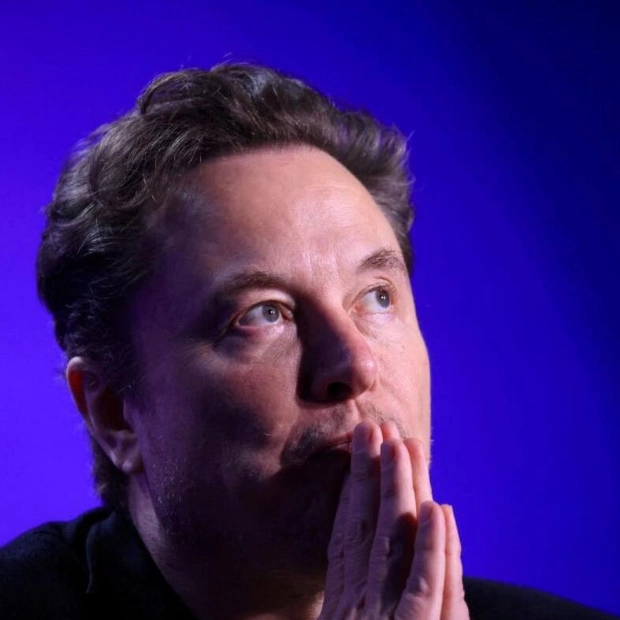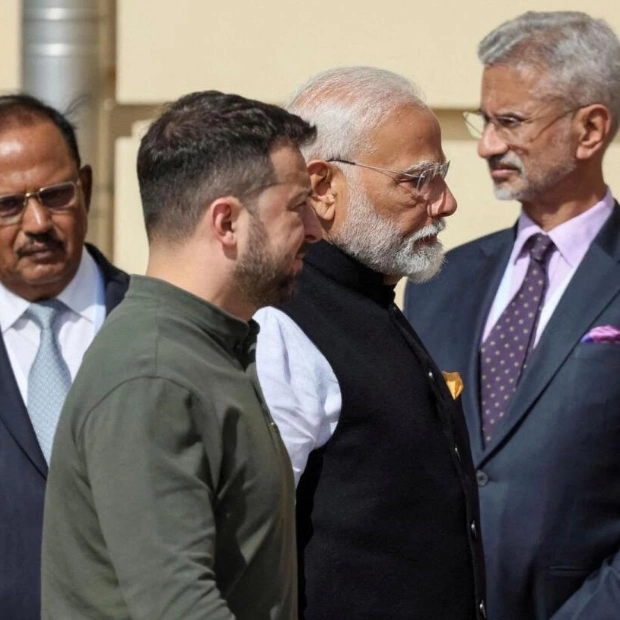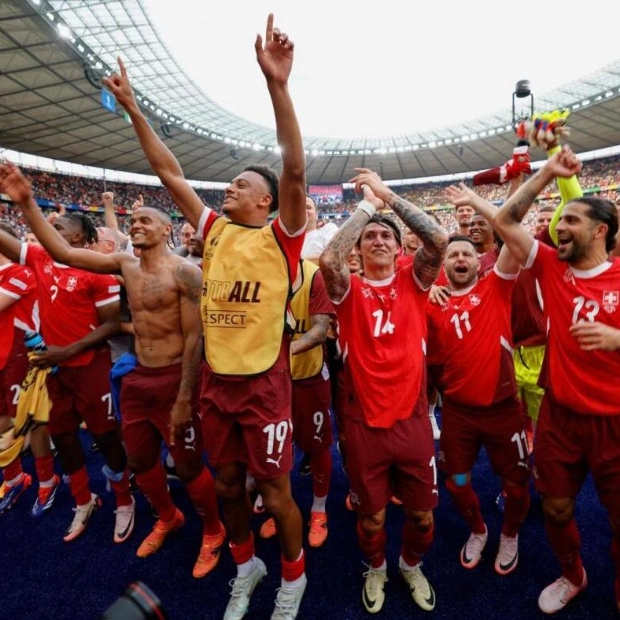Romanian Prime Minister and PSD party presidential candidate, Marcel Ciolacu, casts his ballot at a polling station during the first round of the presidential elections in Bucharest on Sunday. AFP
Opinion surveys indicate that leftist Prime Minister Marcel Ciolacu, 56, leader of Romania's largest party, the Social Democrats, is likely to advance to the run-off vote on December 8, with George Simion, 38, of the Alliance for Uniting Romanians expected to be his main challenger. Romanians began voting on Sunday in the first round of a presidential election that could see hard-right politician George Simion emerge victorious, as voters are primarily concerned with high living costs and the country's support for Ukraine.
Presidential candidate and leader of the far-right Alliance for the Unity of Romanians AUR party, George Simion, and his wife Ilinca Simion, arrive at a polling station in Bucharest during the first round of the country's presidential election. AFP
Data reveals that approximately 3.7 million Romanians, representing 20.7% of registered voters in the European Union and NATO state, had cast their votes across the country by 10:45 GMT. Voting concludes at 19:00 GMT, with exit polls to be released immediately afterward. Romanian expatriates, who can significantly influence the outcome and are known to favor the hard-right leader, began voting on Friday.
Analysts predict that Ciolacu will secure victory in the second round against Simion, appealing to moderates and highlighting his experience in governing Romania during a neighboring war. However, the possibility of a Ciolacu-Simion run-off could encourage center-right voters to support Elena Lasconi, leader of the opposition Save Romania Union, who ranks third in opinion surveys, according to analysts.
Simion frames the election as a choice between a political establishment tied to foreign interests in Brussels and himself, an outsider committed to defending Romania's economy and sovereignty. He opposes military aid to Ukraine and advocates for a peace plan as envisioned by US President-elect Donald Trump, whom he admires, and would support a government modeled after Italy's Giorgia Meloni.
"We want peace, the war must end so we stop being afraid," said 76-year-old Valentin Ion after voting in Bucharest. "Politicians must be more understanding and allocate funds to those in need." Romania has the EU's highest proportion of people at risk of poverty. Ciolacu's coalition government, comprising his Social Democrats (PSD) and center-right Liberals, has increased the minimum wage and pensions twice this year, but high budget spending has exacerbated deficits and sustained high inflation.
"I am taking my parents and my children to vote for PSD, it is the best party, Marcel Ciolacu has done so much for us," said 46-year-old Vasile Popa. Since Russia's invasion of Ukraine in 2022, Romania has facilitated the export of millions of tonnes of grain through its Black Sea port of Constanta and provided military aid, including the donation of a Patriot air defense battery.
Political science professor Sergiu Miscoiu at Babes-Bolyai University notes, "The outcome is still very difficult to predict due to the high number of candidates and the division of the center-right vote." Most candidates have campaigned on conservative messages, such as safeguarding family values.
Outgoing two-term president Klaus Iohannis, 65, has solidified Romania's strong pro-Western stance but was criticized for not doing enough to combat corruption. Romania's president, restricted to two five-year terms, holds a semi-executive role that includes leading the armed forces.
Source link: https://www.khaleejtimes.com






